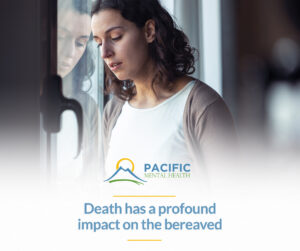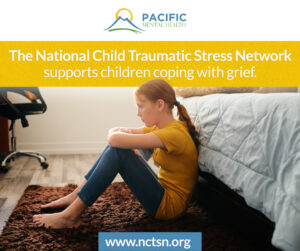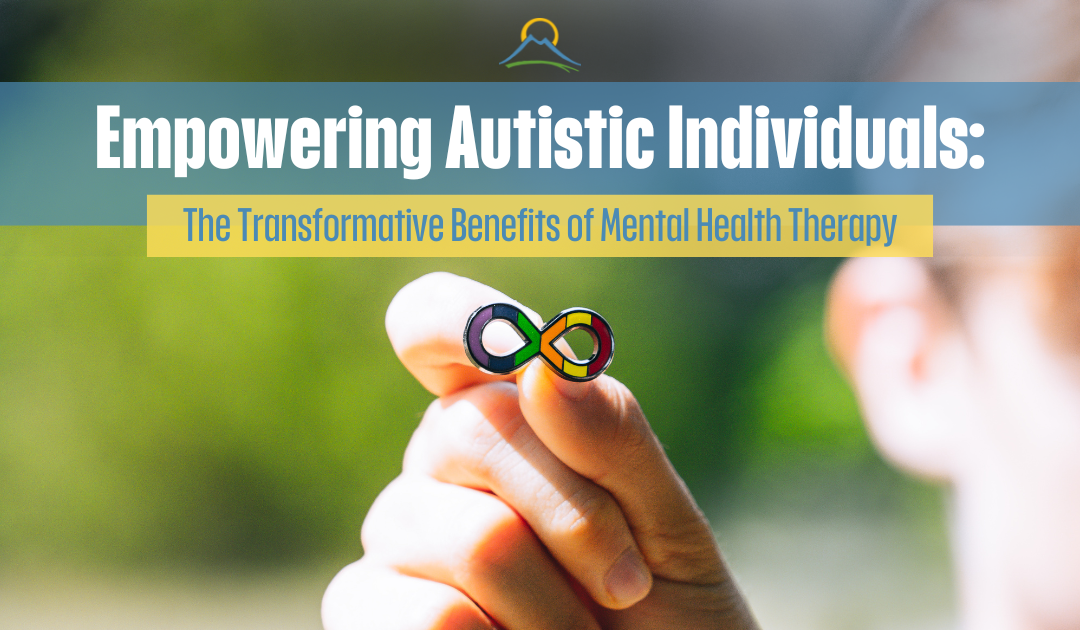
How to Grieve
”What we once enjoyed and deeply loved we can never lose, for all that we love deeply becomes a part of us.” Helen Keller
Grief springs forth from numerous sources. It evokes a range of emotions from debilitating sadness, shock, anger, regret, and guilt, to deep gratitude and even joy and happiness. As we reflect on a year of Covid, it can be overwhelming to contemplate the varied packages in which loss has presented itself. It can be difficult to know how to grieve. For some, the Pandemic has brought a loss of identity as extroverts have been challenged to become comfortable in their own company, professionals have been forced to adapt their practices to online mediums, athletes have been prevented from practicing their craft and communities and have been forced to abandon traditions which have kept them together for centuries. And while these, sometimes new and unexpected forms of grief, are deeply felt by many, the Pandemic has also given rise to a more familiar sort of grief, the one that comes from losing a loved one – a parent, spouse, grandparent, child, close friend, colleague or other loved one.
How do we overcome our grief when our usual supports are often unavailable to us?
Since the start of the Pandemic, the World Health Organization has recorded almost 2 Million confirmed deaths and this figure does not account for loss of life attributable to other causes including accidental, prolonged illness, suicide, natural causes and others. Death has a profound impact on the bereaved and this grief can be compounded by the social measures needed to combat the Pandemic, but in the age of Covid, how do we overcome our grief when our usual supports are often unavailable to us? Unable to travel to mourn with family or to gather with others to honor our loved ones, roadmaps on how to grieve have become more important than ever.
Many theorists have proposed pathways for overcoming grief, coming to terms with loss and continuing with life. JW Worden (2018), proposed the 4 Tasks of Mourning, suggesting that individuals who are impacted by grief must navigate these processes in order to adapt to life without the deceased and continue forwards in their own lives:
Task I Accepting the Reality of the Loss: this involves acknowledging the reality and finality of death. Initial inability or refusal to accept the fact of the death can be normal but if this persists, help should be sought;

Task II Processing the Pain of Grief: this is an important task and, as Worden describes, unprocessed pain can manifest in physical symptoms and other problems. Sometimes individuals will avoid emotional pain by numbing their feelings or engaging in distracting activities such as throwing themselves into work. This can result in extending the period of grief, making it harder to move forward;

Task III Adjusting to the World Without the Deceased: this involves navigating and adapting to the changes brought on by the loss. These include, changes to one’s identity “who am I without this person?”, taking on new roles such as becoming the family caregiver, and even spiritual changes as individuals may experience changes in their world view, beliefs and values following the death of a loved one;
Task IV Finding a Way to Remember the Deceased While Moving Forward: Worden describes this task as requiring a fine balance because the goal here is not to completely remove and detach from the deceased but rather, to find a new place for them, one that allows room for other relationships to flourish and for the bereaved to move forward. Finding the right way to remember the deceased can take time. Engaging in rituals such as lighting a candle at a place of worship, visiting the deceased’s grave, planting a tree in their memory or sharing their favorite dessert are all ways to accomplish the 4th Task.
In his book, Grief Counseling and Grief Therapy: a handbook for the mental health practitioner (2018), Worden refers to online resources and supports which those navigating grief during the Pandemic may find helpful, such as online memorials, where loved ones can post messages about the deceased and show support to those bereaved, and online support groups and individual therapy.
Worden’s 4 Tasks of Mourning provide a helpful guide for introspection in the processing of grief, but they can also help identify areas where we or a loved one may be stuck in the process and highlight areas of struggle.
Here in Seattle, organizations such as the King County Crisis Line 206-461-3222 offer support via telephone helplines for those experiencing emotional difficulties. They can also provide local resources for ongoing support. The National Child Traumatic Stress Network provides information for those wishing to support a child coping with grief https://www.nctsn.org/ Finally, if you or someone you care about are struggling with grief, your primary care provider or insurance carrier can provide advice on how to get therapy. Online directories such as www.psychologytoday.com allow you to search for a therapist by geographical area and provide detailed profiles enabling you to find the right match. During the Pandemic, many therapists are providing online sessions.
References:
Worden, J.W., (2018) Grief Counseling and Grief Therapy: a handbook for the mental health practitioner. Springer Publishing, New York, New York
https://covid19.who.int/ retrieved on January 14th, 2021







0 Comments